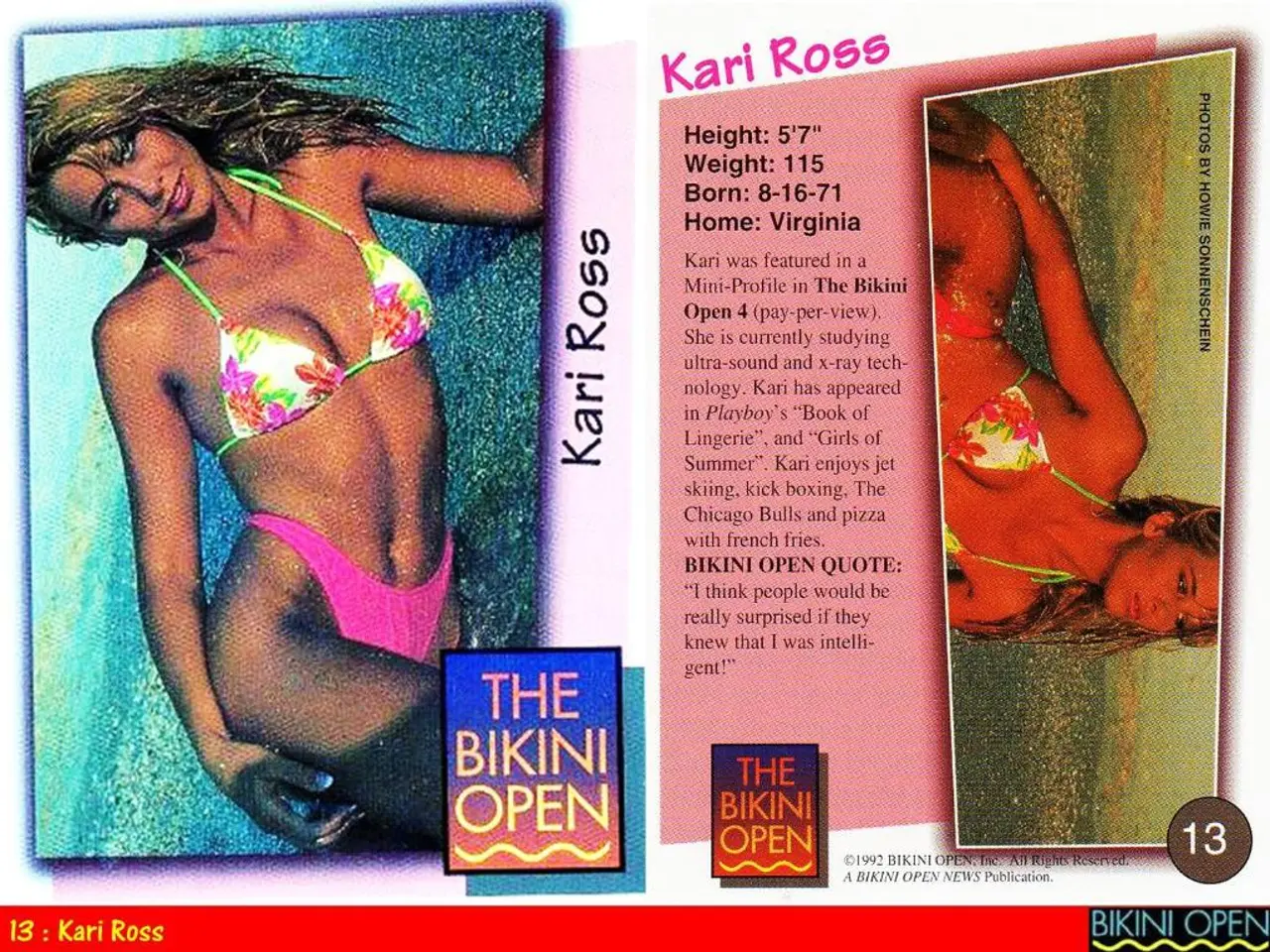Rising controversy around sunscreen avoidance sparking worries among health professionals
In recent times, a growing movement on social media platforms like TikTok, Instagram, and YouTube has questioned the safety and necessity of sunscreen, posing serious public health consequences. This trend, fueled by misinformation, increases vulnerability to ultraviolet (UV) radiation and consequently higher risks of skin damage and skin cancers, including melanoma.
Key Consequences:
- Spread of Misinformation: Influencers promoting false claims, such as sunscreen causing skin cancer or being unsafe due to toxic ingredients, have caused a widespread "misinfodemic," especially among younger generations like Gen Z. A 2024 survey found 59% of Gen Z respondents believed myths like tanning being healthy and a base tan preventing sunburn, which are medically incorrect.
- Reduced Sunscreen Use: Surveys show that a significant subset of young people (1 in 7 under age 35 in one U.S. study) now perceive daily sunscreen use as more harmful than unprotected sun exposure. This shift increases vulnerability to UV damage because sunscreen is crucial for protecting DNA in skin cells from mutations that lead to cancer.
- Increased Skin Cancer Risk: Melanoma, one of the most serious cancers due to its ability to spread rapidly, is linked to UV exposure and sunburns, which sunscreen use helps prevent. Dermatologists warn that trends like "sunburn tattoos" on TikTok, involving intentional UV damage to create art on skin, further increase the risk of skin aging and skin cancer.
- Challenges for Public Health Communication: These viral social media trends, often fueled by fear or distrust, make it difficult for dermatologists and medical organizations to effectively relay evidence-based sun safety advice. The emotional appeal of such misinformation causes rapid spread, requiring active countermeasures with clear, factual educational campaigns.
Medical experts emphasize that there is no evidence sunscreen causes skin cancer; rather, it significantly reduces melanoma and non-melanoma skin cancer risk. Proper sun protection involves sunscreen use along with other precautions like wearing protective clothing and minimizing direct sun exposure.
Decades of data show that sunscreen plays a critical role in reducing skin cancer risk. The American Academy of Dermatology recommends daily use of broad-spectrum sunscreen with SPF 30 or higher, even on cloudy days. Public health officials say there is no scientific evidence that FDA-approved sunscreen ingredients are harmful.
Both chemical and mineral sunscreens have been deemed safe by U.S. health authorities. However, some wellness influencers continue to question their safety. YouTube creators are promoting DIY "natural" sunblock recipes using oils, butters, and other household ingredients, while others share videos claiming that stopping the use of sunscreen can boost immunity and prevent premature aging. Social media influencers are promoting the idea of going without sunscreen, citing distrust of chemical ingredients and federal oversight.
In conclusion, the rise of anti-sunscreen social media narratives undermines public sun safety behavior, increasing skin cancer risk especially among youth, and represents a growing public health challenge requiring robust, evidence-based backlash from health authorities and dermatologists. It is crucial to educate the public about the importance of sunscreen and the dangers of misinformation.
[1] "Gen Z's Sun Safety Habits and Misconceptions: A Survey Analysis" (2024) [2] "Sunscreen Use and the Reduction in Skin Cancer" (2008) [3] "Sunscreen Use and Skin Cancer Prevention" (2019) [4] "The Impact of Social Media on Sun Safety Behaviors Among Young Adults" (2021) [5] "Sunburn Tattoos: A New Trend with Potential Health Risks" (2020)
- Misinformation about sunscreen's safety spread on social media platforms like TikTok, Instagram, and YouTube, such as claims that sunscreen causes skin cancer or is unsafe due to toxic ingredients, are scientifically unfounded and have led to a rise in skin cancer risk, particularly among Gen Z.
- A survey in 2024 showed that 59% of Gen Z respondents believed in medically incorrect sun safety myths, including tanning being healthy and a base tan preventing sunburn. Consequently, many young people reduce their use of sunscreen, making them more vulnerable to UV radiation and skin damage.
- Melanoma, a serious type of skin cancer, is linked to UV exposure and sunburns, which sunscreen is effective in preventing. Dermatologists warn that social media trends like "sunburn tattoos" increase the risk of skin aging and cancer.
- The popularization of DIY "natural" sunblock recipes on platforms like YouTube and the push to stop using sunscreen to boost immunity and prevent premature aging are unsubstantiated by scientific evidence and pose a threat to the health and wellness of anyone who chooses to follow them.




